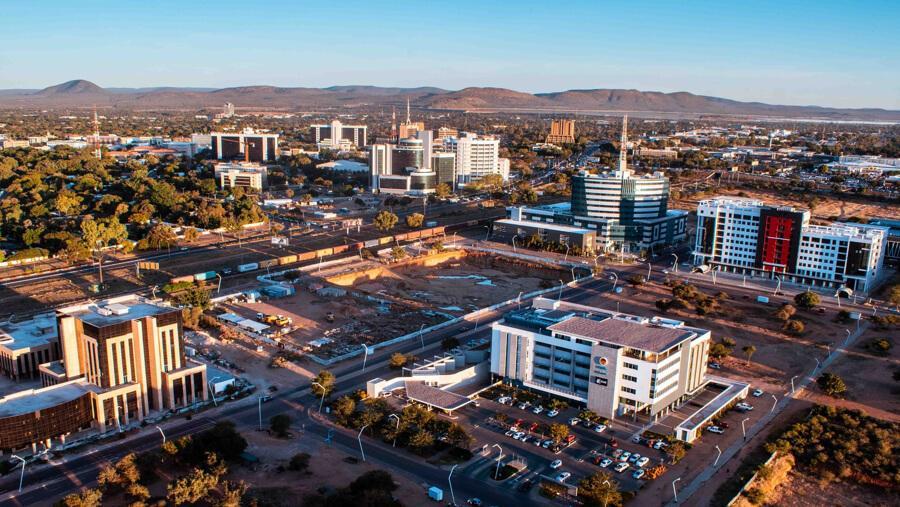Africa-Press – Botswana. Botswana is facing a potential P2 billion financial shortfall after the United States imposed a 37% tariff increase on key exports, ranging from beef to textiles, under the Africa Growth Opportunity Act (AGOA).
This latest disruptive move by a former US President threatens jobs, businesses, and the nation’s economic stability. Consequently, the Botswana Unified Revenue Service (BURS) is urgently seeking new revenue streams, including a crackdown on major global e-commerce platforms such as Amazon, Alibaba, Walmart, Rakuten, and others involved in transactions worth millions of Pula.
For over 25 years, AGOA has provided Botswana with duty-free access to U.S. markets, significantly boosting exports like textile apparel, meat and meat products, handicrafts, jewelry, diamonds, and natural products.
In light of the new tariffs, BURS Commissioner General, Jeanette Makgolo, has warned of a potential collections crisis, pushing her team to secure P120 billion by 2029 to avoid fiscal instability.
“Based on this strategy, we developed a multifaceted Revenue Mobilisation Strategy aimed at bridging the collection gap created by poor performance by traditional revenue streams. The devised strategy embedded interventions rooted in real-world, actionable steps that directly impact day-to-day operations and accelerate revenue collection, minimise any revenue leakages, and close tax gaps,” Makgolo stated.
She noted that while BURS surpassed its target by over P2.3 billion, there are still untapped revenue streams to explore. In the 2024-2025 financial year, BURS collected P61.097 billion against a target of P58.704 billion, with the majority of funds coming from Value Added Tax (VAT) and Southern African Customs Union (SACU) receipts.
“Income tax underperformed during the period, with actual collections reaching P18.968 billion against a target of P20.714 billion. This resulted in a shortfall of P1.745 billion and a performance rate of 91.58%, underscoring the continued need to strengthen compliance and enforcement efforts in this tax type.” VAT and SACU exceeded their targets by recording P3.175 billion and P855 million respectively, with SACU performance attributed to favourable exchange rates.
The underperformance of the mining sector has been linked to low global demand for diamonds, unfavourable diamond prices, and stockpiling by diamond dealers. Non-mineral income tax underperformance is attributed to subdued domestic economic activity, contraction in taxable profits, and emerging challenges in tax compliance.
BURS has also introduced mobile tax unit vehicles to enhance outreach, publicity, and taxpayer education. “Through this office, BURS can reach taxpayers in remote areas to ensure fulfillment of their obligations, including payment of outstanding taxes that may have been impeded by distance from established BURS offices,” she added.
Meanwhile, facing growing challenges of illicit trade flooding local markets, BURS has been prompted to roll out AI track and trace technology and adopt an electronic VAT billing system to combat smugglers.
For More News And Analysis About Botswana Follow Africa-Press






